The culture war tearing apart a 200-year-old members’ club
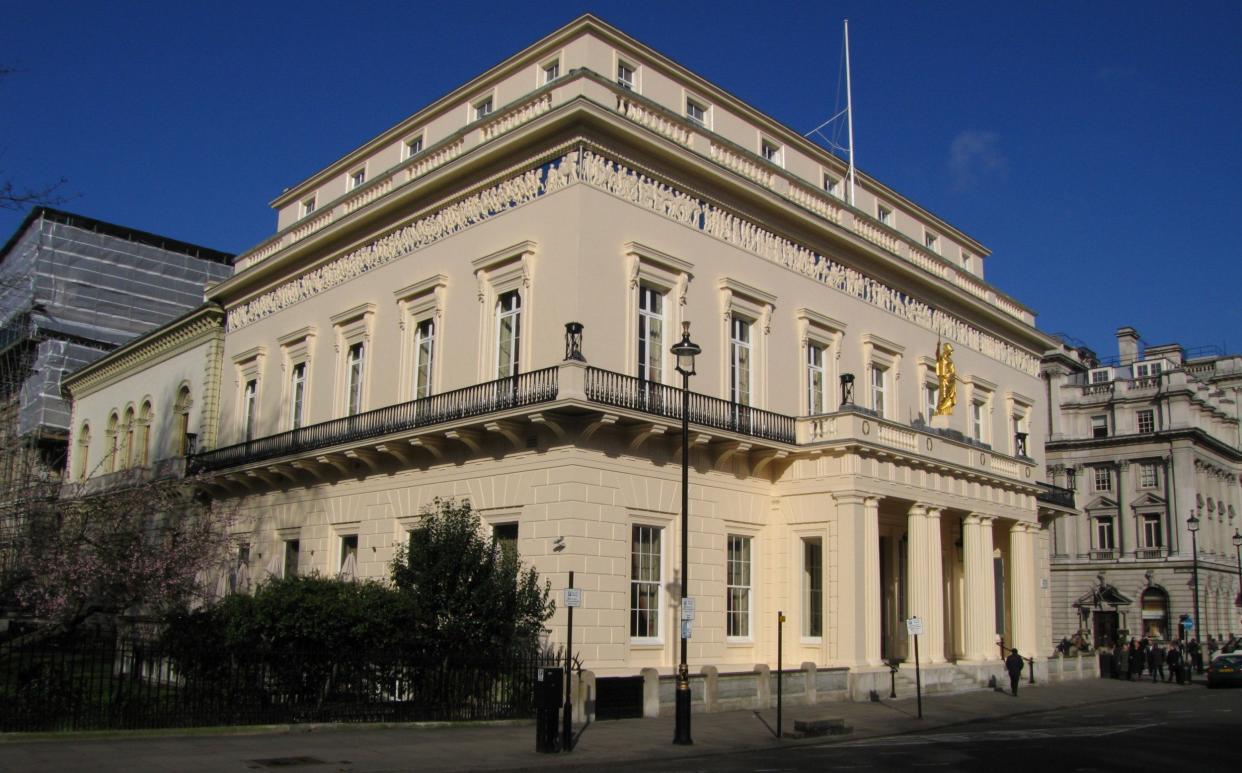
- Oops!Something went wrong.Please try again later.
For 199 years, the Athenaeum Club has stood as a bastion of civility and conviviality, a Neoclassical haven on Pall Mall where scientists and engineers mingle freely with artists and writers.
At the long club table you might find yourself next to a Nobel prize winner, or a star athlete, but have no idea who you are speaking to. Members are discouraged from doing anything so vulgar as introducing themselves.
But in recent months, a rift in the membership has arisen, between the old guard and the new, which has threatened to tear the famous collegiate spirit asunder.
Richard Davenport-Hines, the historian, this week published a broadside against the club, from which he has resigned after 20 years. Writing in The Critic, he detailed what he sees as a “doctrinal takeover” of the club, which has become a “hive of clamorous priggery.” He adds: “It is heartbreaking that an institution two centuries old has fallen into the grip of joyless and refractory doctrinaires.”
He believes that new members are being fast-tracked into the club by a band of “New Righteous” older members in the name of “equality, diversity and inclusion,” what he calls EDI. Things boiled over at a fractious AGM in June, where “traditionalists” calling themselves the 1824 group, led by historians David Abulafia, Felipe Fernández-Armesto and David Parrott, presented criticisms of the club’s policies.
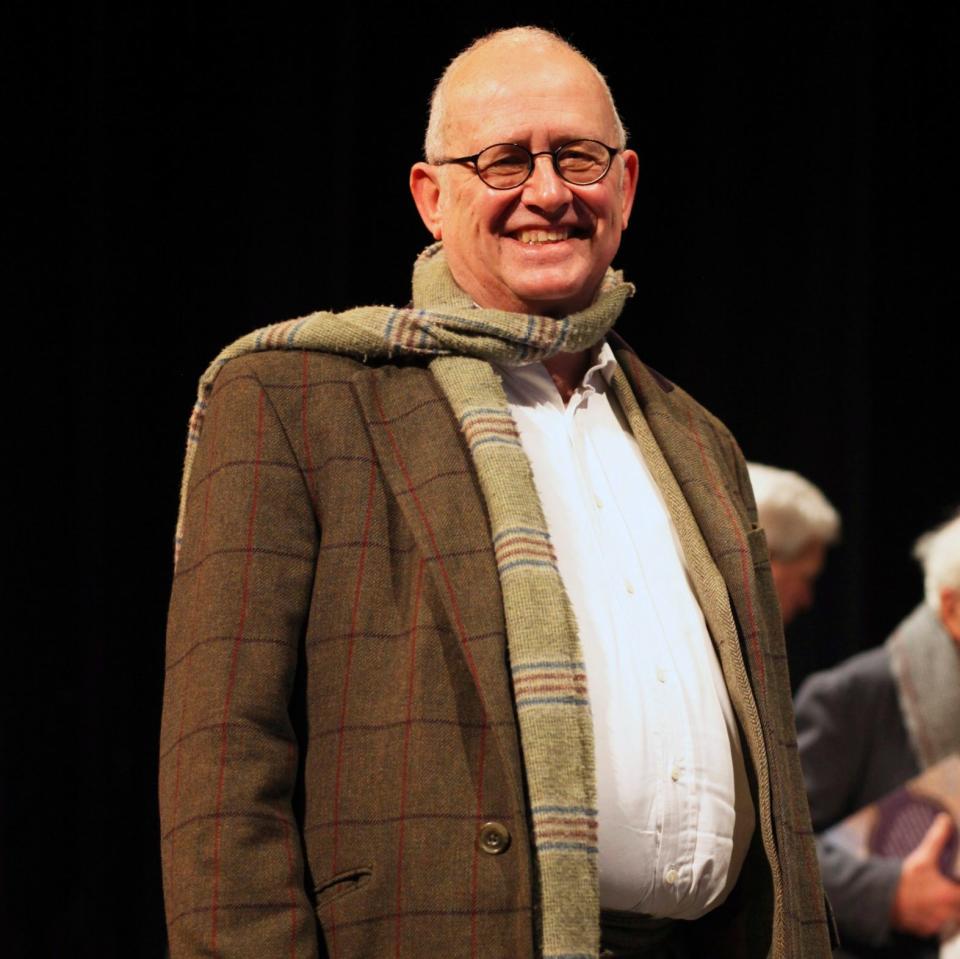
In Davenport-Hines’ telling, the club ensured that arrangements were made to “stifle, mock and trounce the traditionalists.” On the morning of the meeting, an article in the Times appeared, “depicting [the group] as homophobic and misogynistic bullies.” Former prime minister Theresa May spoke in defence of the modernisers, “puffing and blowing in her worst tetchy form,” according to Davenport-Hines.
“I’ve made good friendships and had really good fun there,” Davenport-Hines says. “But it has become much more like the RAC or the Institute of Directors, or even a Soho drinking place where people go for really cheap status and to show off to their friends that they’re a member. A lot of spivs have got in, basically, but the real trouble comes from the people who I call the New Righteous, who are absolutely certain of their own personal virtue and unassailable good intentions and are willing to be ruthless in getting across their social agenda. They clearly think anyone who gets in their way is a sicko or a homophobe or a misogynist.
“I went public because it’s a story of much wider concern in which there is a new intolerance and a new bossiness,” he adds. “In the club, part of the trouble is it’s being run by old people who want to show they can still throw their weight. There’s a problem with an aggressive gerontology.”
He has particular criticism for May, and Trevor Phillips, the former commissioner for racial equality. “Trevor Phillips is very much last century in his views on multiracialism and equality and human rights. Theresa May has an itch to tell people what to do and see them do what she says. There’s a new authoritarianism in the club, which I suppose is part of a much more genuine intolerance all around.
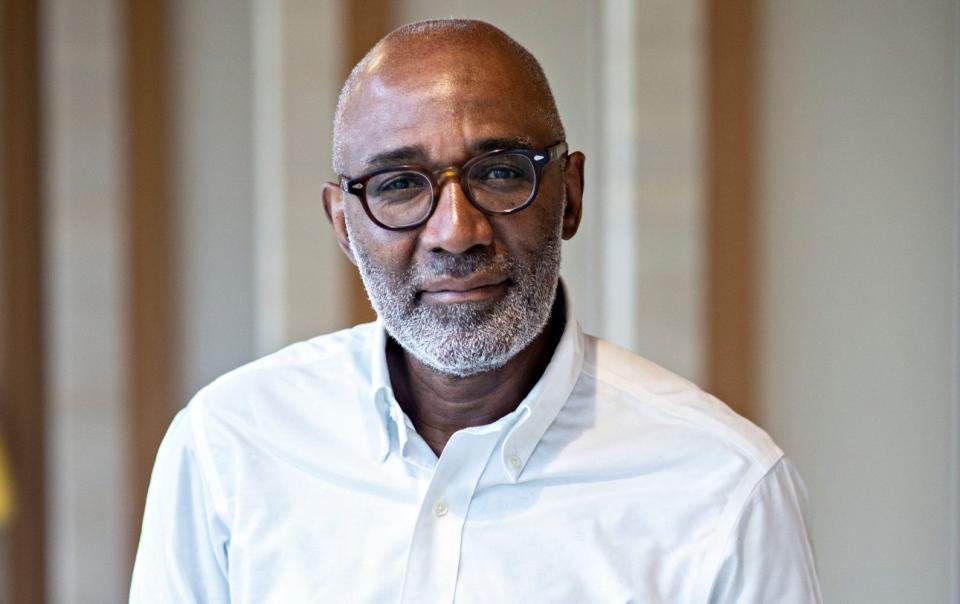
“It’s not in any way a traditional left-right issue; it’s an issue between people who don’t want to be bossed around and subjected to assumptions and moral superiority by others. That meeting [the AGM] was worthy of a Stalin show trial. There’s no respect for the minority at all. They’re treated as cultural miscreants and delinquents.”
Not everyone is as exercised about the changes as Davenport-Hines.
“Clubs go through periods of reflection about their identity and where they’re going and this sort of thing,” says Professor Michael Wheeler, a member and author of a history of the club. “The Athenaeum has always been an intellectual centre. These sort of clubs do tend to be conservative with a small c in terms of the conventions of decent open exchange of ideas. The whole genius of the Athenaeum has always been that it’s one that can accommodate a whole range of intellectual positions among a group of thoughtful people.”
The Athenaeum was founded by John Wilson Croker, Secretary to the Admiralty, a statesman who was also a respected author. Other founding members included Michael Faraday and Sir Humphry Davy. Over the years its members have included Roger Bannister, Matthew Arnold, Charles Darwin, Thomas Carlyle and John Ruskin, as well as less admirable figures: Kim Philby and Jimmy Savile. The club has accepted women as members since 2002, and has counted 51 Nobel prize winners as members in its history.
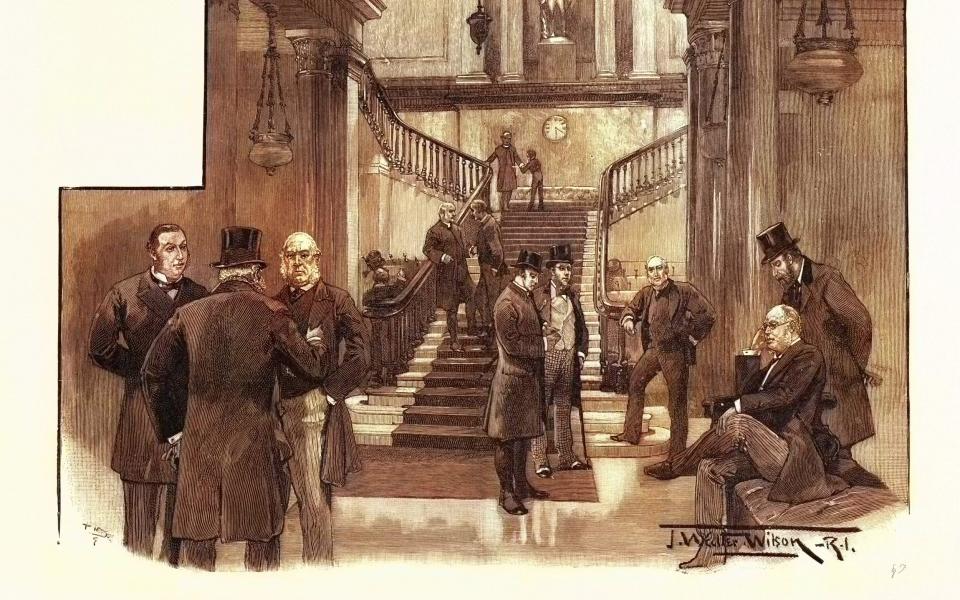
Wheeler adds that the fraught meeting in the summer may not be representative of the membership as the whole. “When there is conflict between ‘modernisers’ and ‘traditionalists’ you can quite rapidly get a rather heated polarisation in a meeting, which isn’t reflected on the ground among the majority of members,” he says. “Yes there’s development [at the Athenaeum], but there isn’t rapid and unsettling modernisation. I would think that the powers that be will reflect on all that’s happened to find a way forward that is happier than the recent row.”
Some argue that with such distinguished membership, it is inevitable that tempers will occasionally flare. “The more eminent a club member is in their daily life, the less used they are to not getting their own way the whole time,” says one clubland insider. “In a place like the Athenaeum, where everyone is eminent, this poses its own challenges of temperament, where there are sharp disagreements, and not everyone is used to having to woo and persuade differing opinions.”
“I think both sides have a point and they are both vilifying the others more than they need to, and exaggerating the extremism more than they need to. Davenport-Hines is right that there has been a certain brusqueness in how the change has been handled, but he’s wrong to overemphasise this ‘woke mob taking over the Athenaeum’. A lot of the propositions are quite moderate, like commissioning new portraits of the distinguished women members.
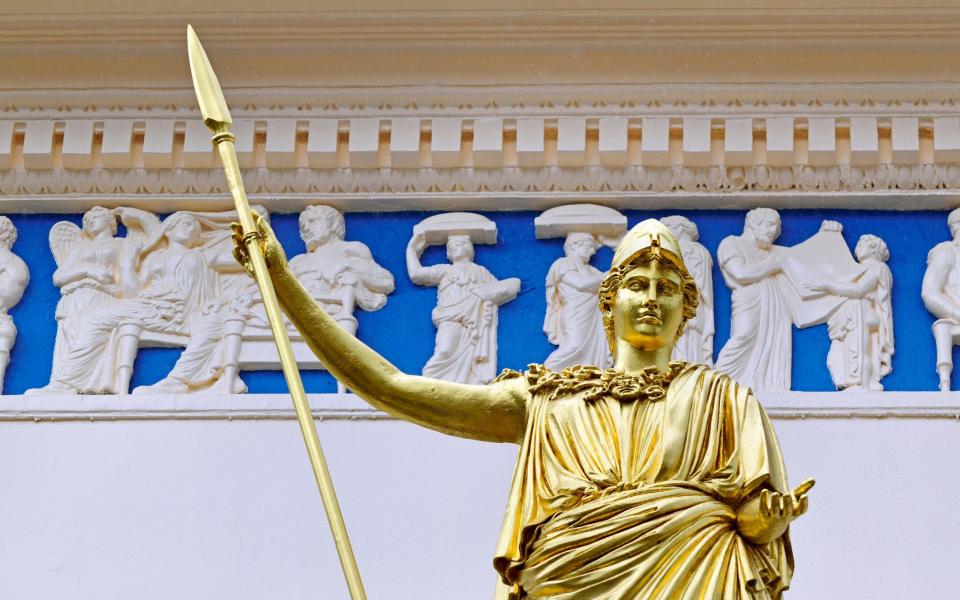
“The difficulty with the Athenaeum is that it was always meant to be the intellectual elite of the country, a very establishment club. The question is, do you reflect the best of the best or try to have something that reflects Britain today, which doesn’t necessarily mean the same thing. It’s a cultural tension, as much about language as anything else. They’re talking language the other doesn’t understand. If you speak to people on both sides, they’ll say more than anything else, they want the congeniality and civility to return, and miss being able to have nice chats with complete strangers, but they also feel strongly about particular things which they’d like to see resolved their way.”
If this calm does return, Davenport-Hines and the other newly resigned members will not be there to enjoy it.
“I’ve had lots of positive responses,” he says. “Half a dozen people have contacted me to say they’ve resigned because they don’t want to spend money on a club that has become so bossy.”

